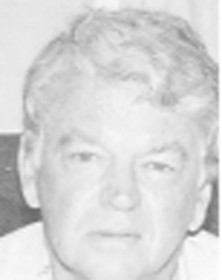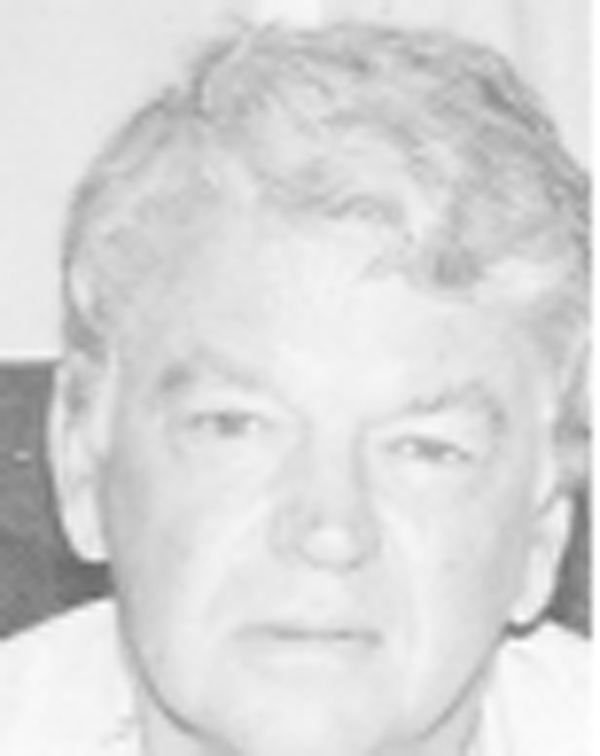Ian On Sunday
Towards the end of life – and when you are seventy-six and counting you are not very distant from the end – you become more reflective. So looking back I wonder whether anything I have done is of any real significance. Take some examples.

I worked at a high level in the Guyana and Caribbean sugar industry for over 50 years – but, honestly, what difference did that abundance of work make? Very often it was exciting and worthwhile at a personal level. But in the great scheme of things I very much doubt that it all mattered much.
I played tennis at international level for a long time and won national and regional championships – soon forgotten as all but absolutely outstanding sporting achievements are. Again what good times one had but that only proves that it is the journey that counts and not wins or losses that vanish like morning mist.
I took part as Editorial Assistant in the far-reaching labours of the West Indian Commission in 1991-92 – and have lived to see its Report Time For Action steadily ga ther dust as the whole CARICOM project, so dear to West Indian hearts, falters and fails.
A similar fate, I might say, seems to have befallen the Report on Governance of West Indies Cricket prepared after exhaustive consultations by the Committee chaired by P.J. Patterson and including Sir Alister McIntyre and myself.
There it sits on a shelf too tall, as a friend suggested to me, for even Joel Garner standing on the shoulders of Curtley Ambrose to get it down. This is particularly hurtful since the cause of West Indies cricket is one of the interests closest to my heart and I sincerely believe that the recommendations of the Report, if implemented, would go a long way to restoring our fortunes in this great game which, above all other endeavours, is the “imaginative possession” which binds all West Indians together.
As a writer, I have gained great satisfaction out of writing these columns for Stabroek News for twenty years but I am under no illusion that they are anything but ephemeral and I am quite aware they will be quickly forgotten the day after I stop writing them.
The novel I wrote The Humming-Bird Tree has lasted well and I might hope, I suppose, that it will still be read for a generation or two. And if I have one wish above others about what I have written it is that a poem or two, perhaps even a handful, might be read and quoted as much as a century from now. Well, there is an overwhelming ambition indeed! But all in all I am well aware that the flame of time very quickly devours the writer moth.
Family – that has been all-important. Tales of one’s ancestors, treasured mother and father and sisters and brother and ever-widening and extending family.
And a loving wife who has been unimaginably good to me. And children, of course, the children, children no longer – they at least are one achievement which will last and go on lasting through their own children and their children’s children.
At the end the question must be asked: how comfortably has one lived with oneself?
And it is good to be able to say, despite regrets, comfortably on the whole, happily indeed. What one has done in life has been worthwhile, it has been satisfying, it has been shared with many warm and superb people, it has been exhilarating and fun.
But what about the answer to the big question whether what one has done might have made any difference? Well the answer to that may be expressed in what one of the characters in that great writer Alice Munroe’s wonderful story “Face” says at the very end. Did any of it make a difference? “The answer is of course, and for a while, and never.”

